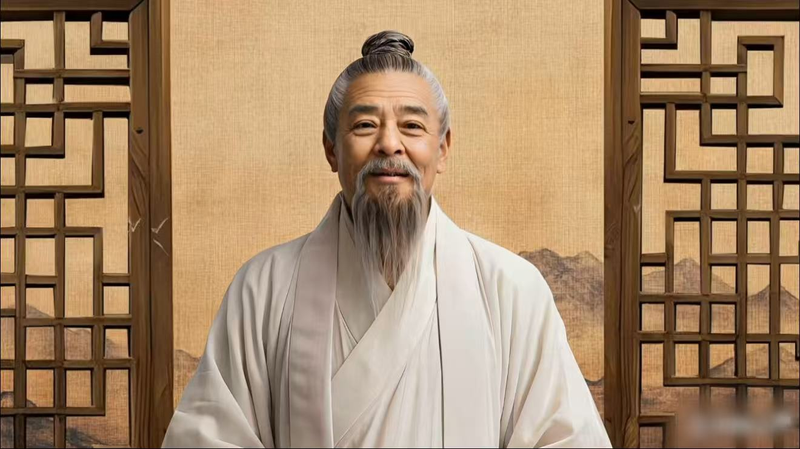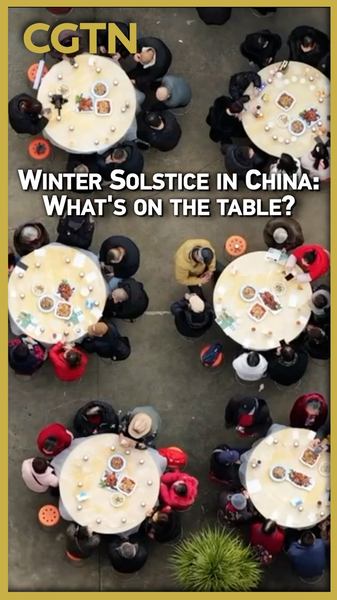Bridging Past and Future
Confucius emphasized the importance of virtue, harmony and self-cultivation. In today’s AI-driven world, these ideas can anchor rapid technological change, helping teams build trust, fairness and purpose-driven innovation.
Embedding Virtue into Code
Ethical AI frameworks— from fairness audits to bias-busting algorithms— echo Confucian calls for empathy and respect. By weaving moral checks into machine learning pipelines, developers create tools that uplift communities rather than divide them.
Real-World Examples
Across continents, innovators are blending ancient values with cutting-edge tech. In Singapore, an AI startup pairs language learning with reflective prompts that encourage self-improvement—a nod to Confucian self-cultivation. Meanwhile, digital health platforms in Europe use AI to foster patient-doctor rapport, mirroring the Confucian focus on harmonious relationships.
A Data-Driven Compass
According to industry surveys, global investment in ethical AI has jumped by over 30% in the past year. This surge reflects a growing appetite for solutions that balance efficiency with human-centred values—a modern echo of Confucius’s age-old teachings.
Your Next Steps
For entrepreneurs and changemakers, the lesson is clear: start by mapping your project goals to core virtues like kindness, integrity and respect. Then, choose AI tools that promote transparency and community engagement. By aligning code with conscience, you can drive innovation that resonates across cultures.
As we stand at the intersection of ancient wisdom and futuristic tech, Confucius’s voice reminds us: progress isn’t just about speed, but also about the journey. How will you code your values into the algorithms of tomorrow?
Reference(s):
cgtn.com




